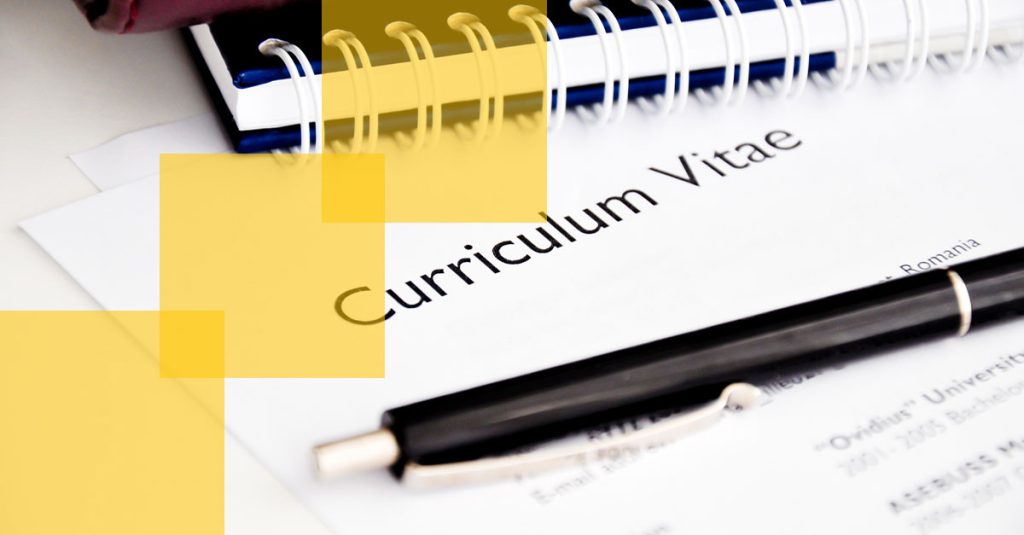Handing in your resignation is a significant step in your professional journey. Here are valuable tips to ensure the process is handled professionally and respectfully:
1. Prepare Mentally and Emotionally
Make sure you are confident in your decision to resign. Weigh the pros and cons and have a clear understanding of why you are leaving. Focus on the positive aspects of your tenure and avoid harboring negative emotions.
2. Review Your Contract
Check your employment contract for the required notice period and any other resignation procedures you need to follow. Be aware of any non-compete or confidentiality agreements that may affect your future employment.
3. Schedule a Meeting with Your Supervisor
Request a private meeting with your immediate supervisor to discuss your resignation. Find an appropriate time that doesn’t coincide with critical projects or busy periods.
4. Write a Formal Resignation Letter
Clearly state your intention to resign, your last working day, and express gratitude for the opportunity. Mention your willingness to help with the transition period. Do not include any negative comments about the company, colleagues, or your role.
5. Be Prepared for Reactions
Your supervisor might be surprised, disappointed, or even upset. Stay calm and professional regardless of their reaction. Be prepared for a possible counteroffer but have your response ready if you’ve already decided to move on.
6. Provide Adequate Notice
Typically, two weeks is standard, but some roles may require more notice. Adhere to the notice period specified in your contract. Be open to discussing a mutually agreeable end date, especially if your departure will impact ongoing projects.
7. Plan for a Smooth Transition
Prepare detailed handover notes for your successor or colleagues. Offer to train your replacement or assist in finding a suitable candidate for your position.
8. Complete Outstanding Work
Complete as many of your ongoing projects as possible to leave on a high note. Ensure all your work is well-documented and accessible to your team.
9. Maintain Professionalism
Maintain your usual level of performance and professionalism until your last day. Speak positively about your experience and the organization both internally and externally. If asked to participate in an exit interview, be honest but tactful. Focus on providing constructive feedback that could help the organization improve. Use this opportunity to thank the company for the experience and the opportunities provided.
10. Follow Up in Writing
After your resignation meeting, send a follow-up email to confirm your resignation and your last working day. This helps avoid any misunderstandings.
By following these tips, you can ensure that your resignation is handled with professionalism and respect, leaving a positive impression and maintaining good relationships with your former employer and colleagues.

Engineering Consultant



